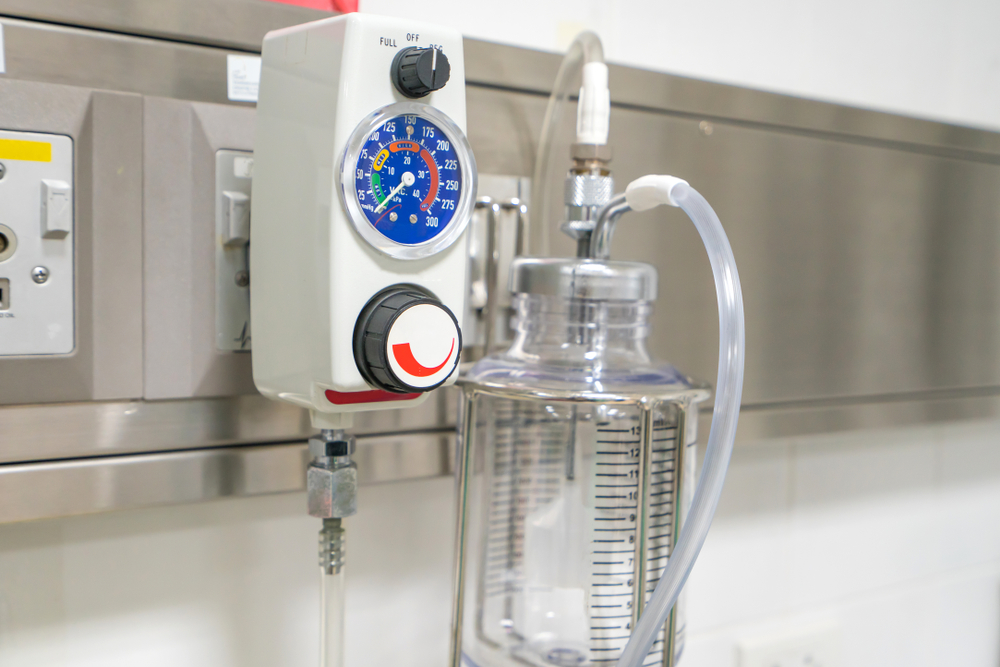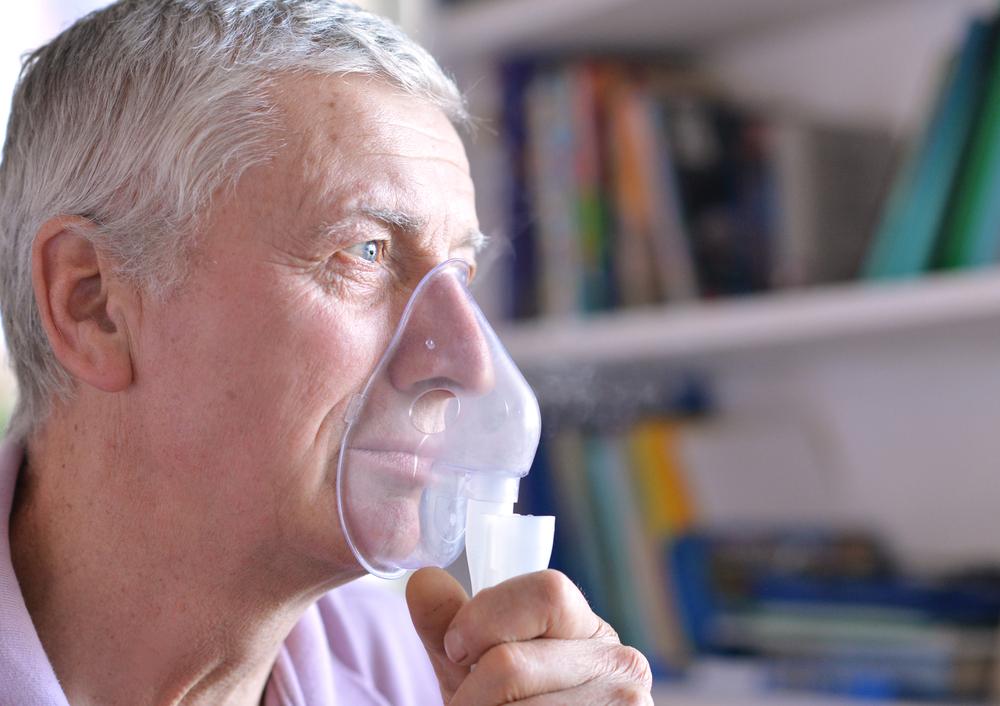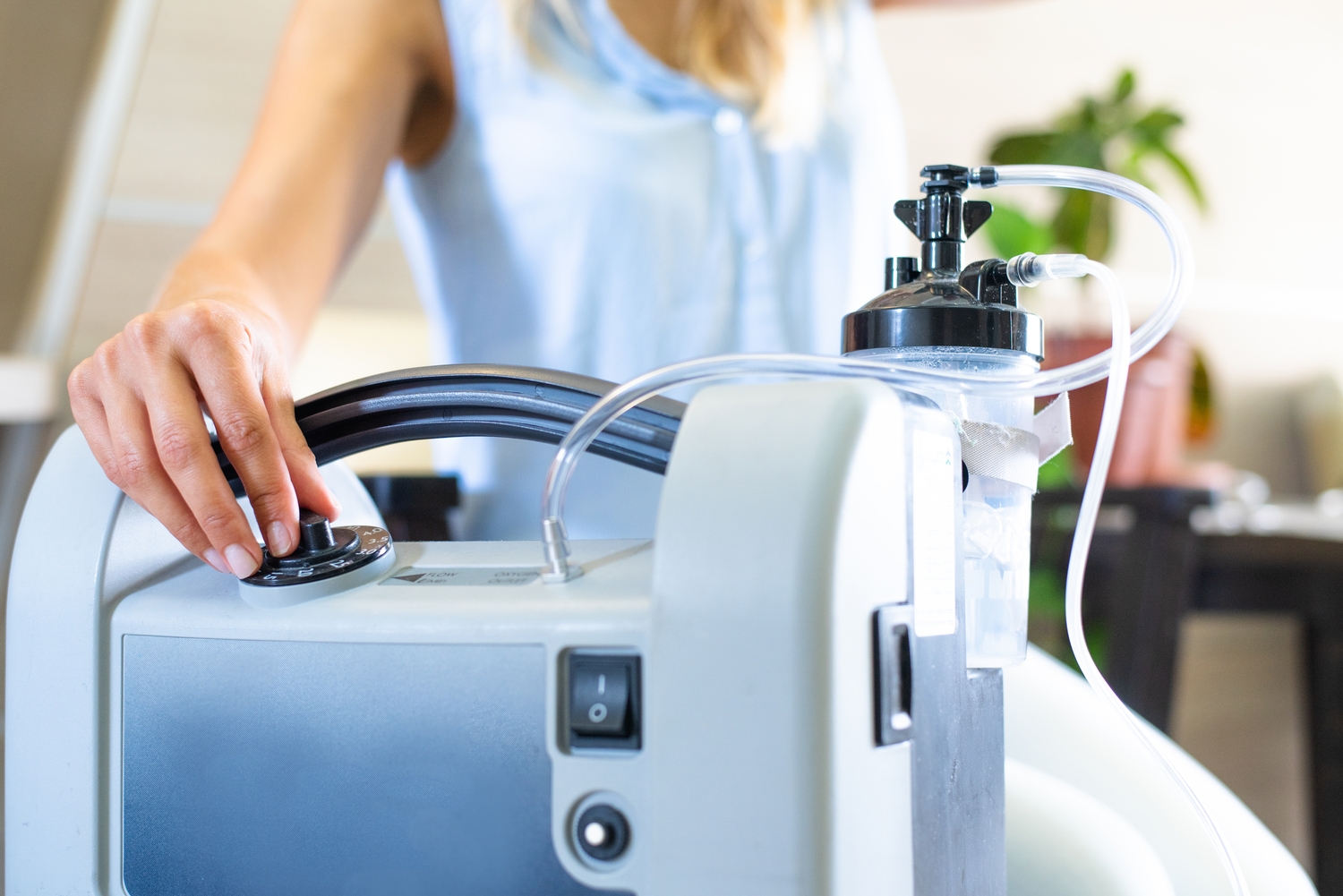Guide to Getting Portable Oxygen Concentrators Covered by Insurance
This article offers essential insights into obtaining portable oxygen concentrators through insurance. It covers coverage policies, rental durations, eligibility criteria, and practical tips for selecting the right device. Learn how to navigate insurance processes to ensure you get the necessary equipment without unexpected costs, with advice on eligibility, documentation, and ideal device features for your health needs.
Sponsored

Navigating Insurance Coverage for Portable Oxygen Concentrators
Portable oxygen concentrators are vital for individuals requiring oxygen therapy on the go. Understanding your insurance policy is crucial to avoid unexpected expenses when obtaining such equipment.
Does insurance cover the cost?
Determining if your insurance will pay for a portable oxygen concentrator involves more than a simple yes or no. Insurers typically allocate specific portions for various oxygen devices.
Insurance reimbursement amounts for oxygen equipment have decreased over recent years, with reductions up to 50% in 2013. This decline has led many suppliers to exclude portable oxygen concentrators from their insured product lists because offering continuous coverage is less financially viable.
Additional facts about insurance and portable oxygen devices
Rental periods for oxygen equipment are generally capped at 36 months. Providers supply the necessary devices and bill insurance companies monthly, with coverage contingent on your health status. The process involves evaluating your condition over time before approving the rental.
Popular portable concentrators like Inogen One G3 can be rented through insurance. Eligibility is first checked with your insurer, followed by a consultation with your physician to verify compatibility with your medical needs. Proper documentation from your doctor is required for approval.
Some private insurance plans also cover accessories like masks, tubing, filters, and cannulas. If your medical records and test results are available, certain policies may extend coverage to the equipment itself. It's essential to confirm whether your preferred supplier accepts insurance to ensure smooth processing.
While buying a top-quality portable oxygen concentrator might be advantageous, consider factors such as battery life, weight, and compatibility with your insurance. Comparing reviews and prices can help you select the best device suitable for your needs.
Thorough research and consultation with various providers are recommended prior to making a purchase or rental decision based on your specific requirements.






